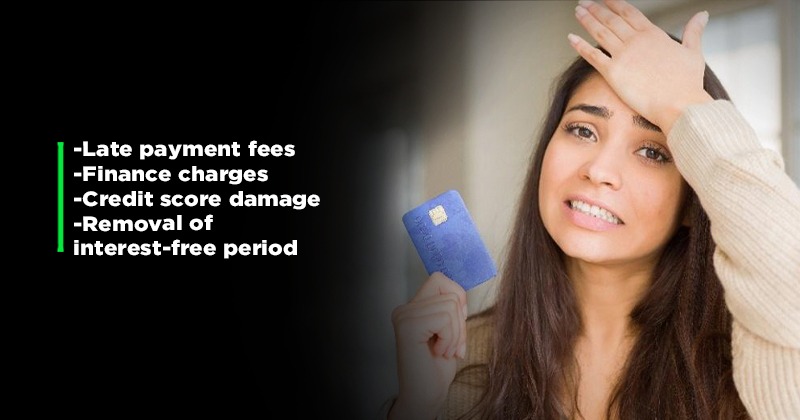What Happens When You Quit Paying Credit Cards
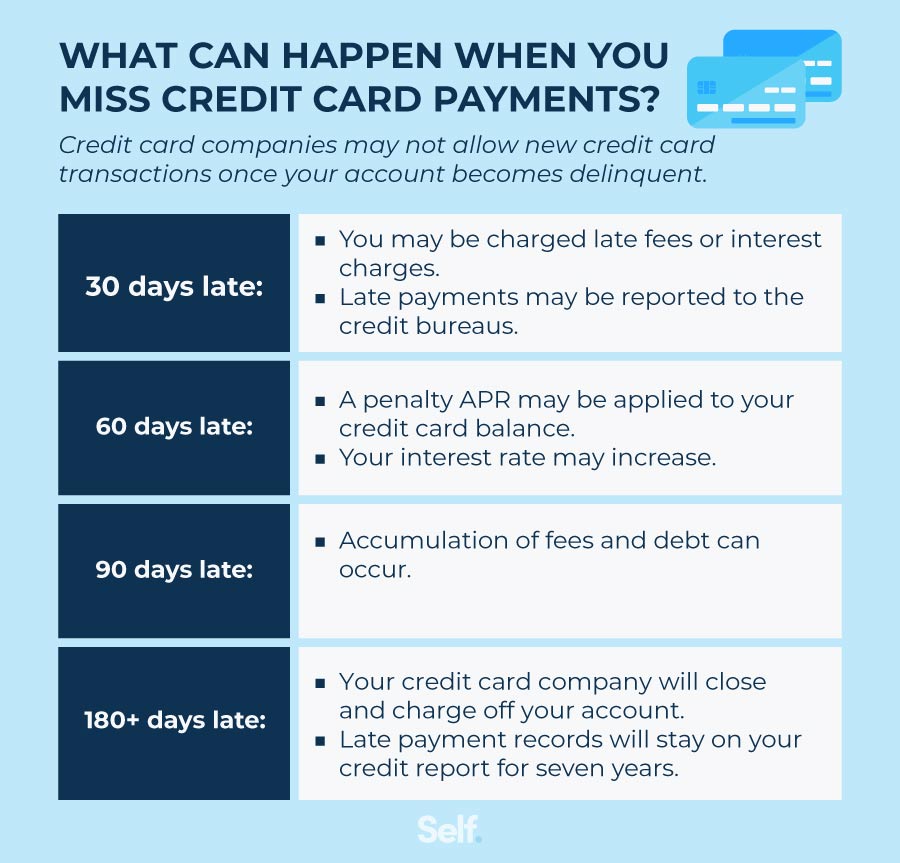
The aroma of freshly brewed coffee mingled with the crisp morning air, yet Sarah's stomach churned with unease. A stack of unopened envelopes sat on her kitchen table, each one a reminder of the mounting debt she was desperately trying to ignore. The vibrant colors of the credit card logos seemed to mock her, each promising rewards she could no longer afford.
Ignoring credit card bills might seem like a temporary solution when facing financial hardship, but the consequences can be far-reaching and long-lasting. This article explores the cascade of events that unfold when credit card payments cease, from the initial late fees to potential legal action, and the long-term impact on your credit score and financial well-being.
The Initial Descent: Late Fees and Interest Rate Hikes
The first sign that you're behind on your credit card payments is usually a late fee. These fees, typically ranging from $25 to $39, are added to your balance each month you miss a payment.
Beyond the immediate cost, missing a payment can trigger a significant increase in your interest rate, often referred to as a penalty APR. This higher rate applies not only to new purchases but also to your existing balance, making it even harder to pay down your debt.
According to data from the Consumer Financial Protection Bureau (CFPB), penalty APRs can significantly increase the overall cost of credit card debt, potentially costing consumers hundreds or even thousands of dollars over time.
The Collection Process: Calls, Letters, and Credit Score Damage
After a few missed payments, the credit card company will likely begin contacting you to collect the debt. This often starts with phone calls and letters reminding you of your outstanding balance and urging you to make a payment.
These communications can become increasingly frequent and insistent as the debt remains unpaid. Ignoring these attempts to contact you won't make the problem disappear; in fact, it can make the situation worse.
Perhaps the most significant immediate consequence of not paying your credit cards is the damage to your credit score. Payment history is a major factor in determining your creditworthiness.
A single missed payment can lower your score, and multiple missed payments can have a devastating effect. Experian, one of the three major credit bureaus, notes that even one 30-day late payment can remain on your credit report for seven years.
A lower credit score can make it difficult to obtain new credit, rent an apartment, or even secure a job. It can also lead to higher interest rates on loans and insurance premiums, further straining your finances.
Charge-Offs and Debt Collection Agencies
If you continue to not pay your credit card debt, the creditor will eventually "charge off" the account. This typically happens after 180 days (six months) of non-payment.
A charge-off doesn't mean you're off the hook for the debt. The credit card company may then sell your debt to a debt collection agency.
Debt collectors are often more aggressive in their attempts to recover the money. They may call you frequently, send letters demanding payment, and even threaten legal action.
The Fair Debt Collection Practices Act (FDCPA) provides some protection against abusive debt collection practices, but it's essential to know your rights and understand how to respond to debt collectors.
Legal Action: Lawsuits and Wage Garnishment
In some cases, if the debt is significant enough, the credit card company or debt collector may file a lawsuit against you to recover the outstanding balance.
If they win the lawsuit, they can obtain a court order to garnish your wages, meaning they can take a portion of your paycheck to pay off the debt.
Wage garnishment can have a significant impact on your ability to cover your living expenses and can create a cycle of debt and financial hardship. Consulting with a legal professional is advised if you are served with a lawsuit related to credit card debt.
Long-Term Financial Impact: Credit Report Stains and Difficulty Obtaining Credit
The negative information associated with unpaid credit card debt, such as late payments, charge-offs, and collections, can remain on your credit report for up to seven years.
This can make it difficult to obtain new credit, even after you've paid off the debt. Lenders will view you as a higher risk borrower, and you may be denied loans or offered less favorable terms.
Building a positive credit history after experiencing credit card debt problems requires discipline and patience. It involves making all payments on time, keeping credit card balances low, and avoiding new debt.
Alternatives to Defaulting: Seeking Help and Exploring Options
Before you reach the point of defaulting on your credit card payments, explore all available options for managing your debt. This may include contacting your credit card company to request a lower interest rate or a payment plan.
Credit counseling agencies can also provide valuable assistance in developing a budget, negotiating with creditors, and exploring debt management plans.
In some cases, debt consolidation or bankruptcy may be viable options for managing overwhelming debt. However, these options can have serious consequences and should be considered carefully after consulting with a financial advisor.
A Path Forward: Rebuilding Credit and Financial Stability
Quitting on your credit card payments can trigger a series of negative consequences that impact your financial life for years to come. However, it's crucial to remember that even in challenging financial situations, there are always steps you can take to improve your situation.
It requires acknowledging the problem, seeking help, and taking proactive steps to rebuild your credit and manage your finances responsibly. The journey to financial recovery may be long, but it's a journey worth taking.
As Sarah finally opened the envelopes, a new sense of determination washed over her. She knew the road ahead wouldn't be easy, but she was ready to face the challenge, armed with information and a renewed commitment to regaining control of her financial future.
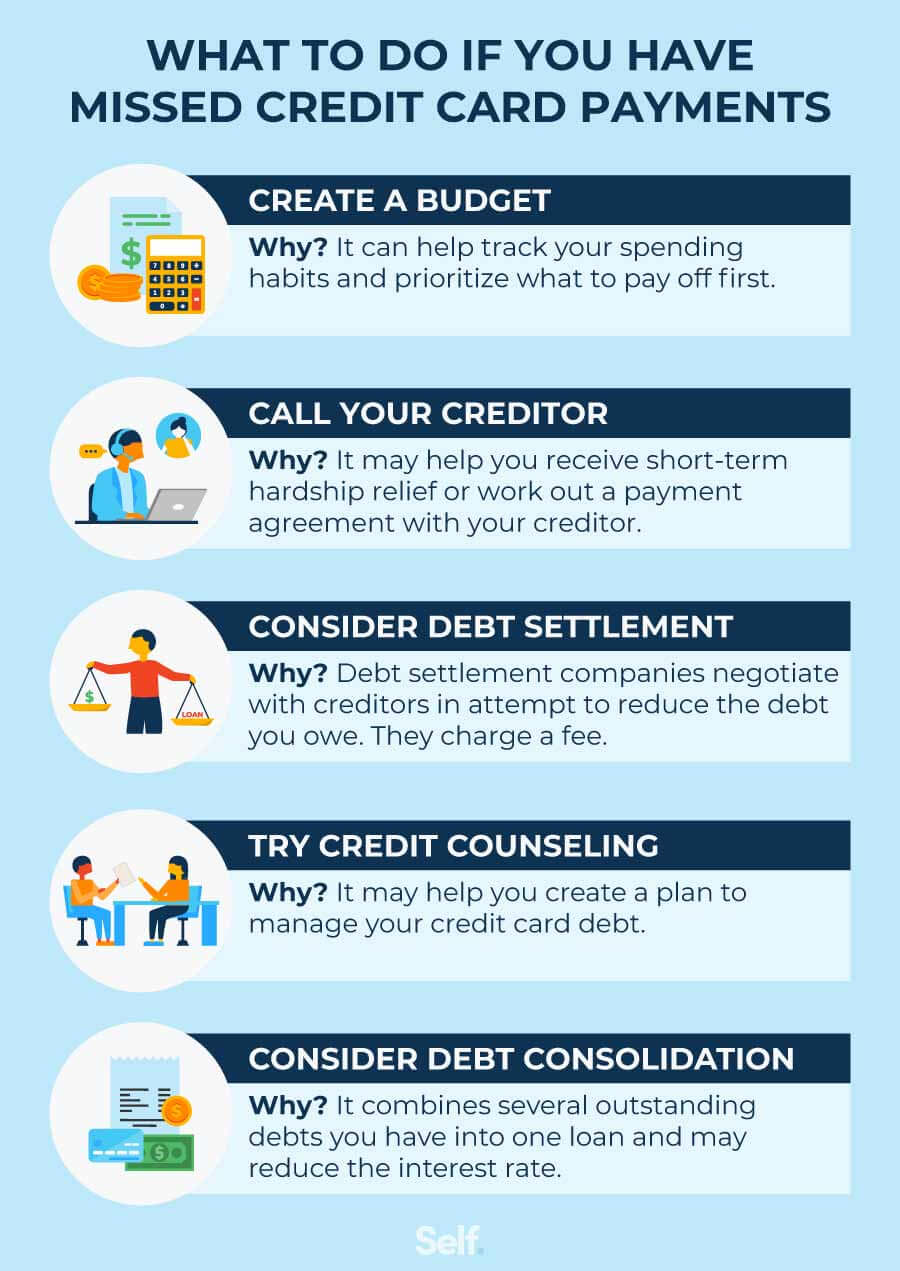



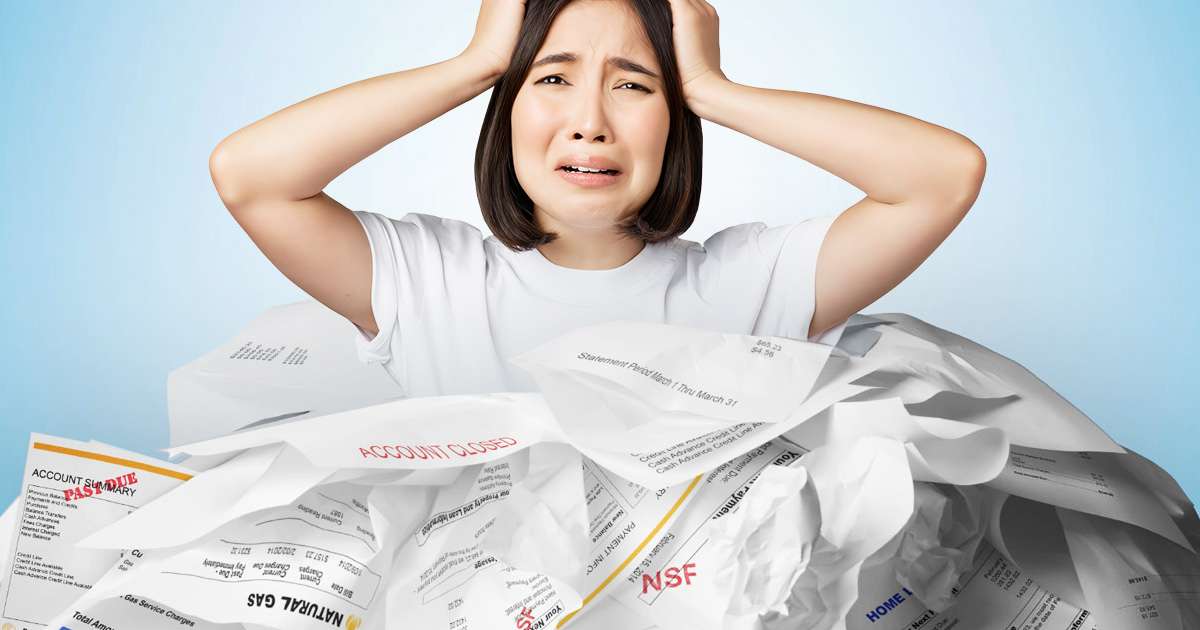
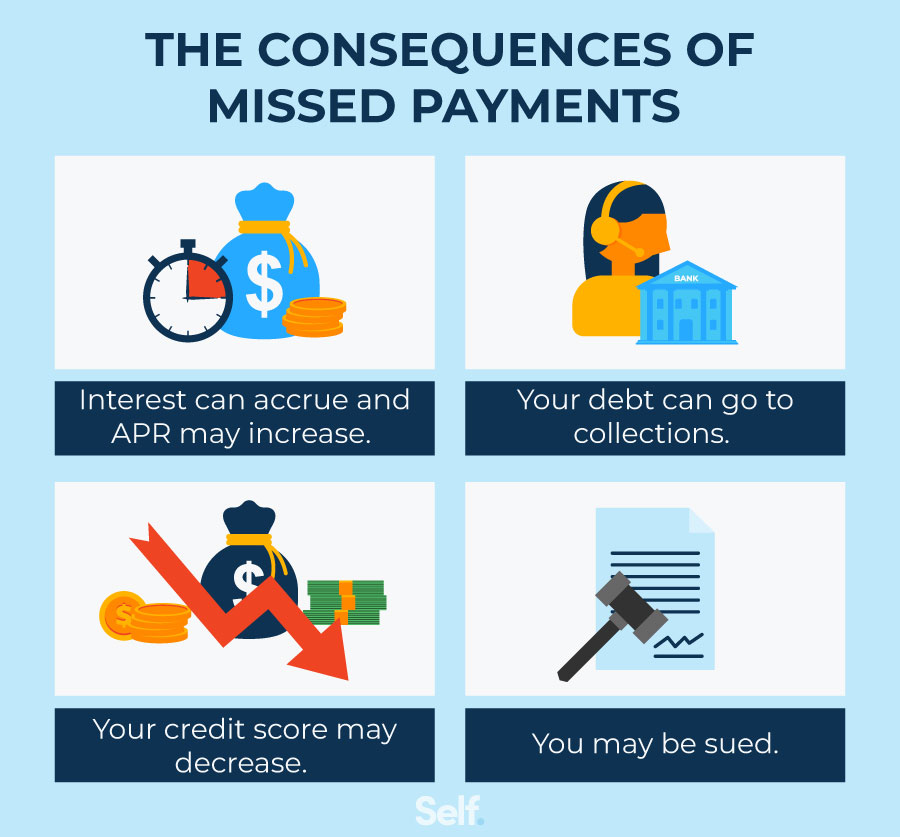
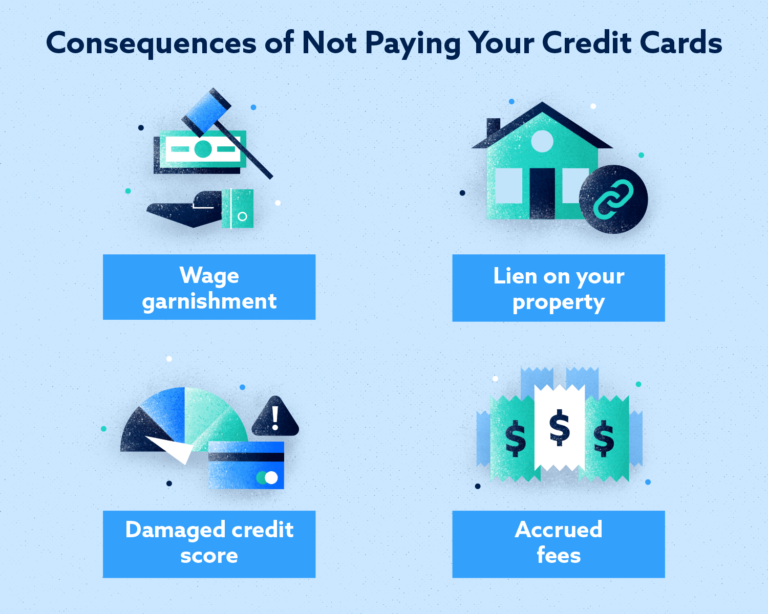





:max_bytes(150000):strip_icc()/Why-your-credit-card-was-declined-And-what-to-do-4159790_V32-fb2b6ae205aa4728b152a9d7a5497d51.png)
